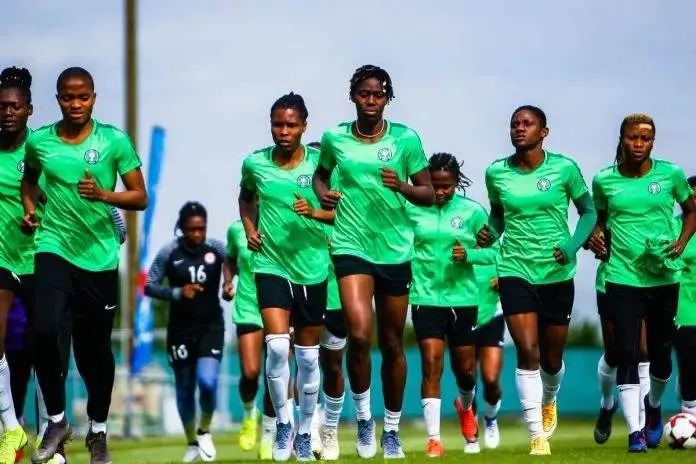
Nigeria's average age increased from 2019, but they are still the youngest in Group B, and Coach Randy Waldrum chose 13 players to play in their first World Cup
The most prominent women's football competition kicks off on July 20, and for the first time, 32 nations will participate in the contest.
There are a lot of firsts at the 2023 FIFA Women's World Cup, with five continents represented down under.
The tournament is billed for Australia and New Zealand as joint hosts-a first in FIFA Women's World Cup history. FIFA expanded the tournament from 24 to 32 teams. FIFA has also promised each of the 736 players a minimum of $30,000 after the three group games--an increase of almost 300% compared to what they shared amongst teams in 2019. The previous competition saw teams share $30 million, while the 2023 edition has about $110 million in the bonus pot.
Premium Times compares Randy Waldrum's team to their group counterparts before the competition starts in nine days.
The class of 2023 is older than the 2019 group
The average age of the 23-woman squad chosen by Randy Waldrum is 26.3, making them older than the previous team that played in the 2019 World Cup in France, whose average age was 25.4.
Though the Falcons have an older team, they are still the youngest team in Group B. Olympic champion Canada has an average age of 28, while Australia and the Republic of Ireland boast an average age of 27.3 and 28.4, respectively.
Despite a relatively younger squad, Falcons' captain Onome Ebi, at 40 years and 65 days, is the oldest player in Group B. Canadian forward Olivia Smith, who will turn 18 during the competition (5 August), is the youngest player in Group B.
Most capped and World Cup appearances
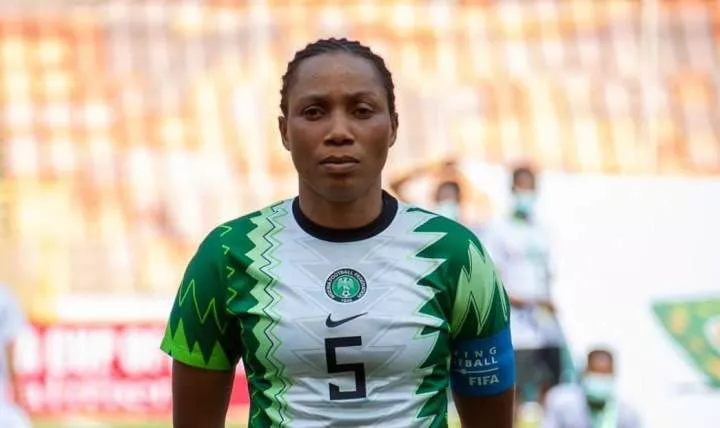
The two captains of Nigeria and Canada-Onome Ebi and Christine Sinclair, are participating in their sixth Women's World Cup. The two captains are joined by Brazilian forward Marta, who is also featuring in her sixth tournament.
However, only the Canadian player, Christine Sinclair, has more caps than the two Nigerian and Brazilian veterans. The Portland Thorns forward has garnered 323 caps for the Canadian women's side in over 20 years of international appearances.
Inexperienced team
Despite Onome Ebi being one of the oldest and most decorated players going to the World Cup, the Super Falcons might suffer from inexperience at the World Cup.
The latest squad for the World Cup has just 10 players from the previous edition, which was played in France in 2019 under Thomas Dennerby.
These are Rasheedat Ajibade, Tochukwu Oluehi, Chiamaka Nnadozie, Osinachi Ohale, Onome Ebi, Halimatu Ayinde, Desire Oparanozie, Uchenna Kanu, Francisca Ordega, and Asisat Oshoala. Thus, over 50% of the team's roster is filled with fresh faces, which could translate in two ways: no fear or being caught in the headlights. With no fear, the team can play with freedom, or they could freeze on their big occasion. Their inexperience may be a disadvantage against the more experienced Canadian and Irish teams.
Height advantage
The Falcons stand as the second-tallest team in Group B, after the Canadians, who boast an average height of 169.2 cm. The Super Falcons stand at 168.78 cm, followed by the Republic of Ireland at 168.56 cm, and Australia is the collective shortest in the group at 160 cm.
Of the 92 players in Group B, Louise Quinn stands tallest at 182 cm, and Katrina Gorry stands shortest at 155 cm. Nigerian goalkeeper Chiamaka Nnadozie is the tallest of the Falcons, at 180 cm, while Toni Payne is the shortest, at 160 cm.
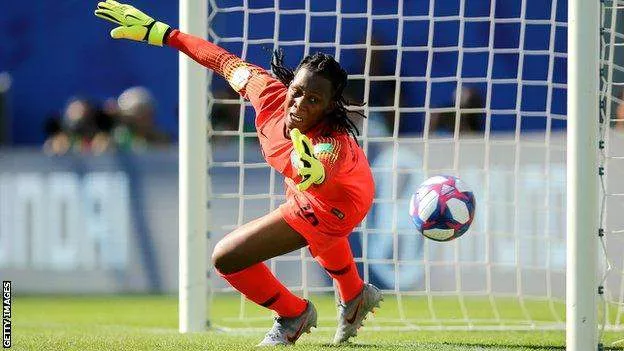

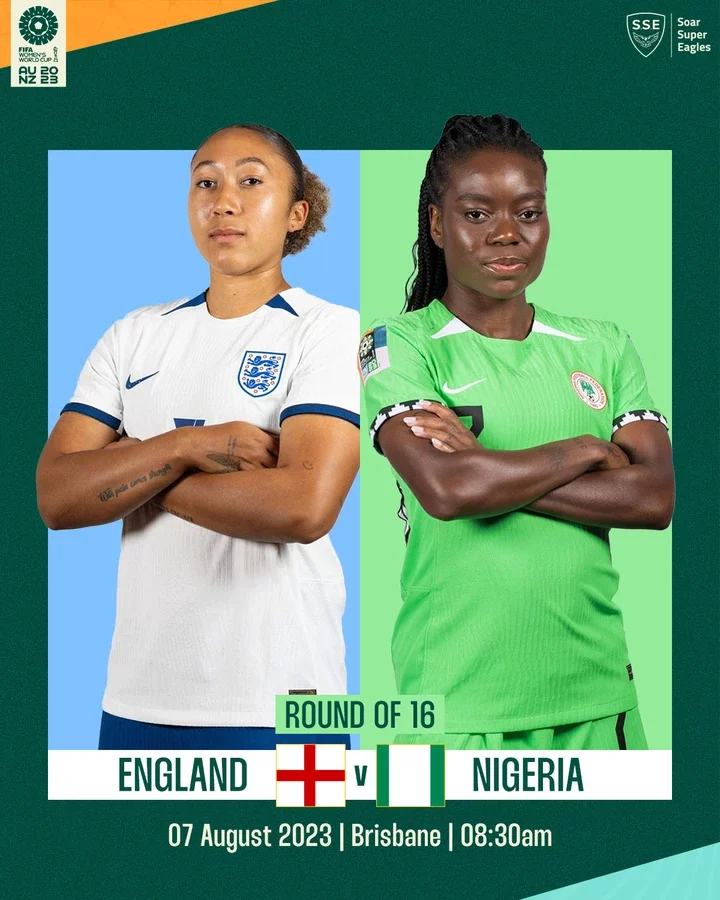
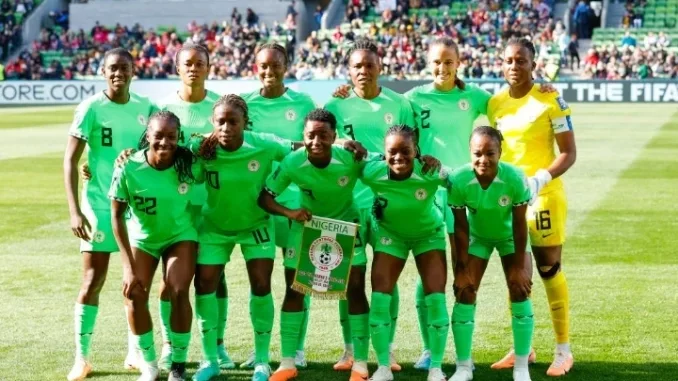
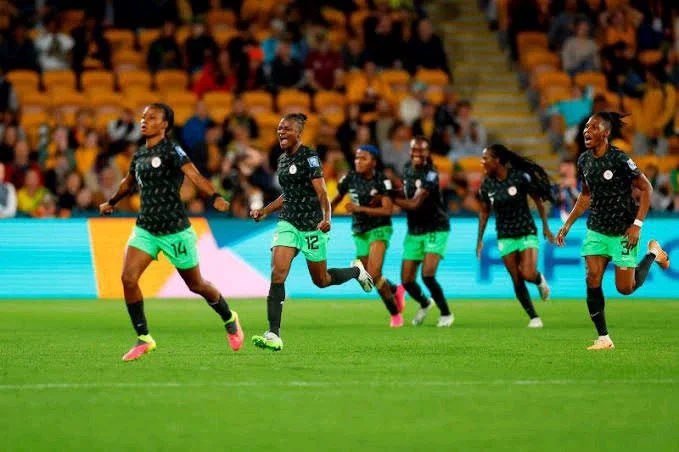
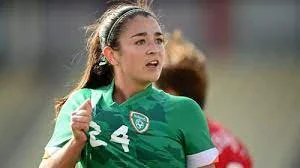
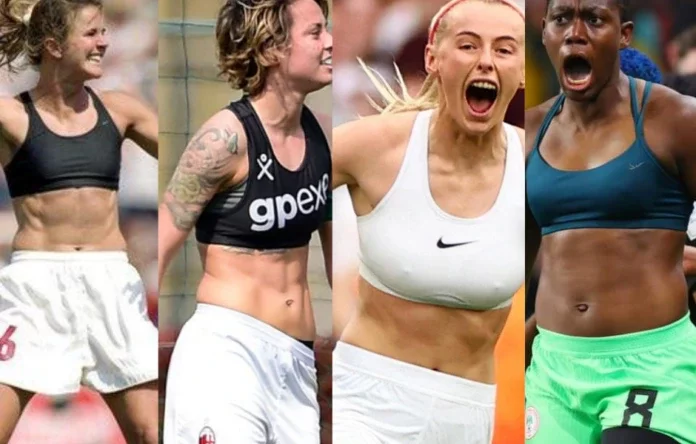
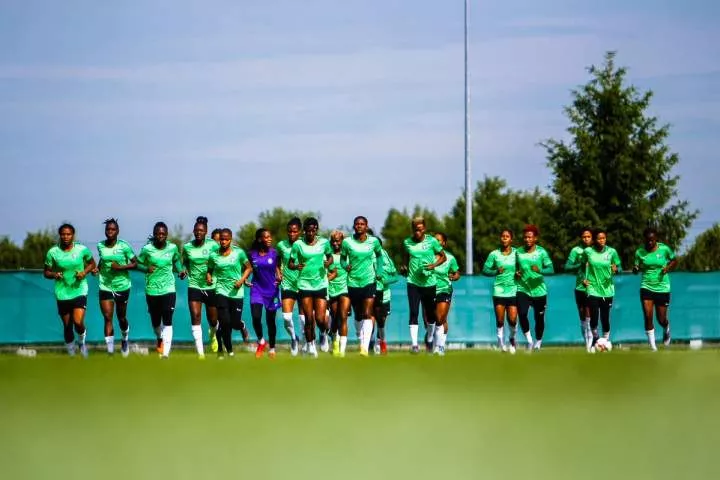






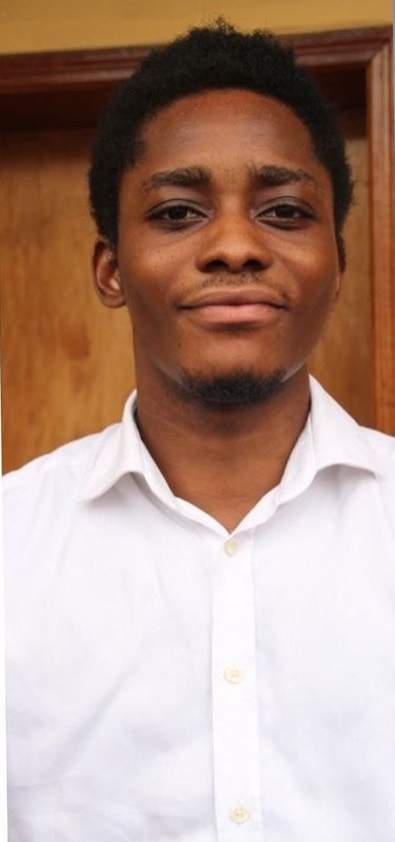
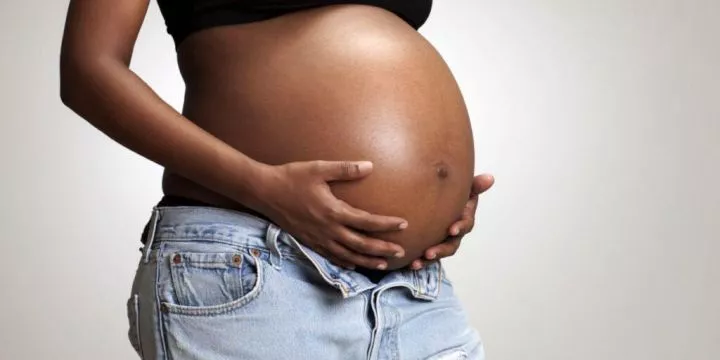


Comments